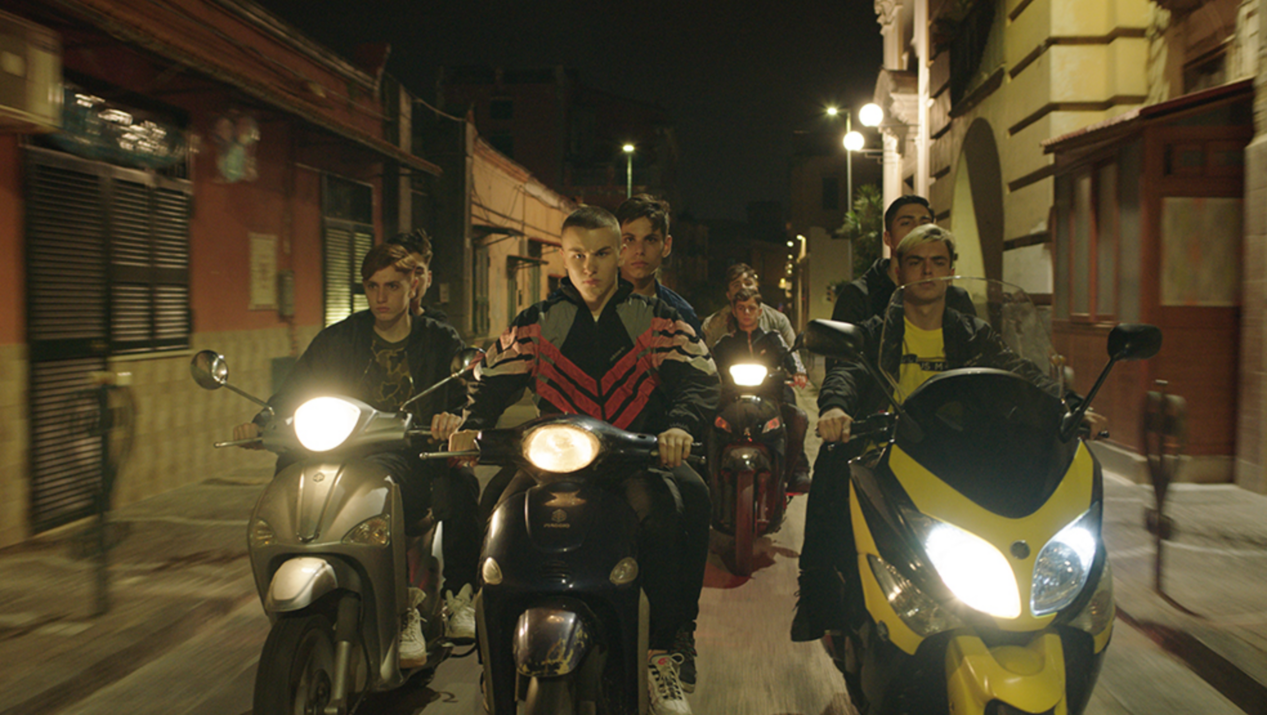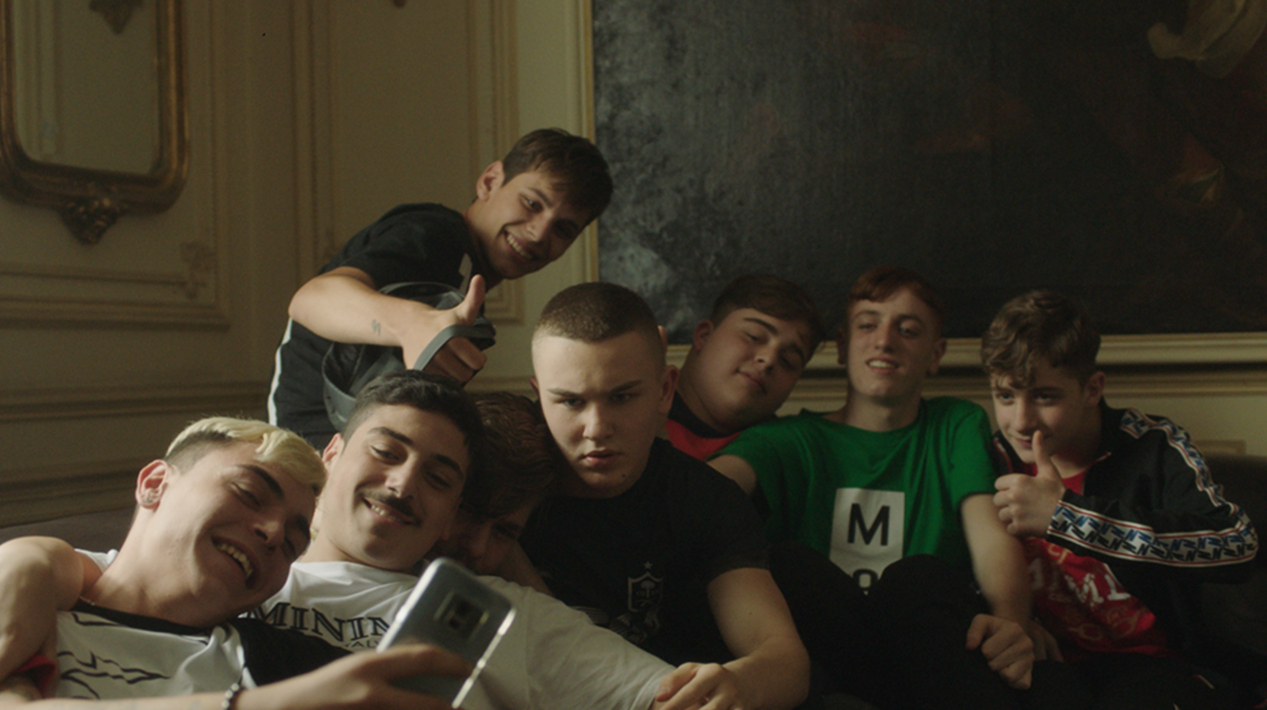'Piranhas,' a Film About Coming of Age Amidst The Camorra
The film, which won the Silver Bear for Best Screenplay at the 69th Berlin International Film Festival and was shown in the United States for the first time during Open Roads New Italian Cinema at New York’s Film at Lincoln Center this past June, follows the story of a group of teenagers growing up in the Camorra ridden neighborhoods of Naples.
“The work began right here in New York,” Director Claudio Giovannesi tells us, where, two years ago, he met with Roberto Saviano, the author of the book from which the movie is inspired and the project began.
Giovannesi believes that showing his film in American theatres is an important opportunity. “There is at the moment great cinema in Italy and in Europe in my opinion and it often doesn’t make it to the United States,” he notes.
But, as the reactions of critics and audiences often show, European and Italian films are greatly appreciated here. There is a demand for them. “Great American cinema, has always loved Italian cinema,” he claims, citing Martin Scorsese, whom he considers “one of the greatest auteurs there are” and who “knows the history of Italian cinema perhaps better than Italians” and is greatly influenced by it.
In Italian, the title of both film and book is actually ‘La paranza dei bambini,’ which literally translates to ‘a gang of children.’ “But that’s not accurate,” Giovannesi comments, “because paranza is a boat, paranza is a dish of fried small fish, paranza is a group of kids, and paranza is an armed Camorra gang. So it’s impossible to translate it.”
The complexity of the title reflects that of the film itself. On the one hand it’s a coming of age story, about friendship, family, first loves, but it’s also a film about the loss of innocence, about criminality and how it permeates every aspect of people’s lives.
On the one hand, the movie certainly gives Naples great visibility, displaying the breathtaking and complex beauty of its historical center, which as Giovannesi points out “is still popular,” meaning it is “a place where people live, work, and you encounter good people and bad people.” It is also shot entirely in Neapolitan dialect (and was shown with Italian subtitles in Italy) using non-professional actors themselves born and raised in the very neighborhoods of the film.
Shooting also took place on location and the production included locals, such as street vendors, in the project by giving them honest work: “the people from the neighborhood were hired by the production as drivers, as service operators, as extras. This was a way for us to be guests and not invaders,” Giovannesi says.
At the same time, the themes it addresses are universal and the problems faced by Naples are shared by “all the peripheries of the world,” an expression the director uses attributing it to Saviano.
“It’s not a film about Naples,” the director explains, “it’s a film set in Naples, but it’s a film that asks a question: what happens to teenagers, to the feelings of these teenagers, when they make a criminal choice, a criminal choice which is initially made unknowingly, like a game, but then becomes irreversible?”
The film, distributed by Music Box, will be showing at Film at Lincoln Center. For more information, visit their website.








































i-Italy
Facebook
Google+
This work may not be reproduced, in whole or in part, without prior written permission.
Questo lavoro non può essere riprodotto, in tutto o in parte, senza permesso scritto.